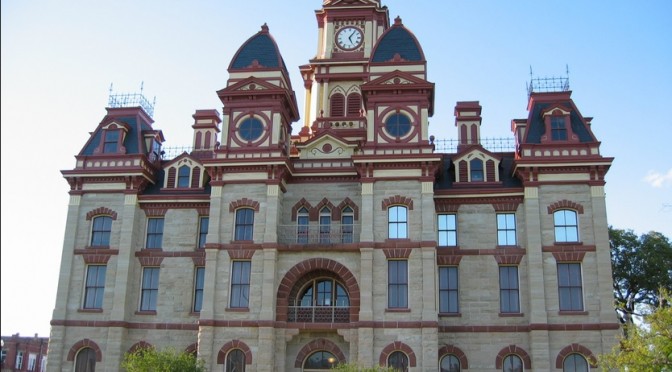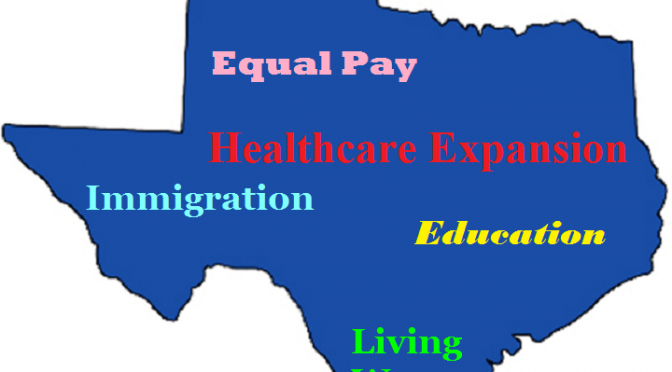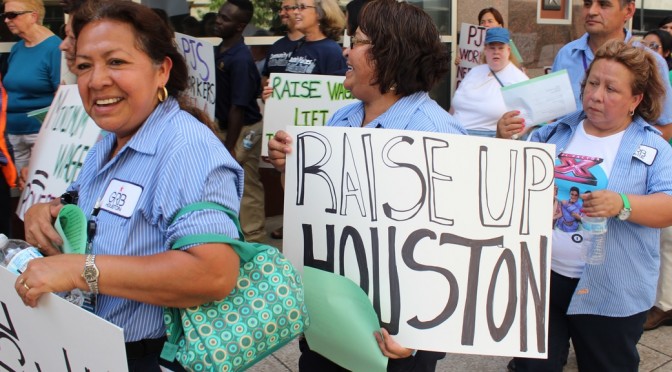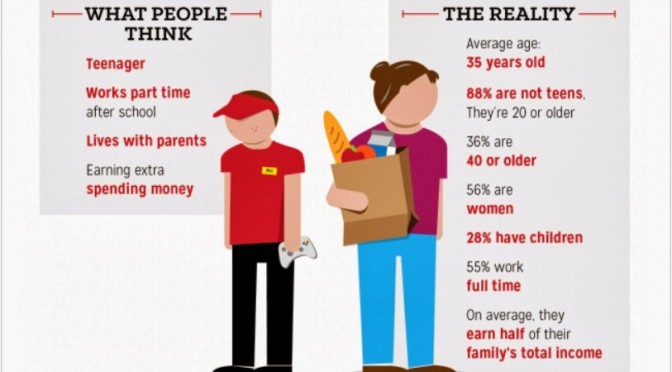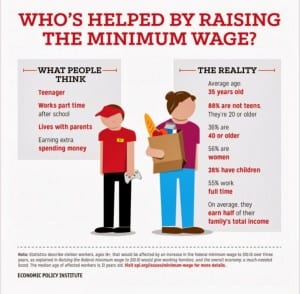This was a real occurrence from the week, but it seemed worthy of being published. Basically this person and I got into a rather heated discussion on Twitter, and he demanded that I answer this group of questions. It’s quite apparent that he is something of a hard-line Conservative, but even still I gave the questions my best attempt.
The Twitter battle originated from the City of Houston’s decision to invest in cycling infrastructure through a variety of sources, so that is what these first few questions address.
-
How do you justify spending money towards bike trails before repairing our city streets, many of which are in horrible shape?
At no point have I ever suggested such a thing. I simply stated that choosing between cycling and automobile transportation in a growing, changing city like Houston is a false choice. The city is already spending money to re-build our road infrastructure through dedicated funds. It would be a bad business decision for them to NOT consider the growing cycling community as they rebuild these roads. A great example is the bike lane being constructed on Lamar street in downtown. This lane is needed because of popular trails that already exist on the eastern and western sides of the CBD. Currently, cyclists have no clear path to cut across downtown, but this plan will fix that issue. Houston already has lots of street collectors and partial bike trails, so it makes sense to connect them into existing but currently disjunct network.
Just so we’re clear, the city is not spending money dedicated for roads on bike paths. Much of the off-street bike network (trails) is being funded through grants, a $166 million dollar voter-approved bond measure, and a massive public/private partnership that is already underway to reconstruct the bayou network. This serves as both an enhancement of the community parks system, and much needed repairs for our primary flood control plan.
-
Why do you not support a plan that first secures funding and contracts to fix the roads, and then use any surplus to add bike lanes and trails?
Because such a plan represents a fallacy which suggests that Houston builds roads are exclusively for automobile usage. The only roads which can claim such a distinction would be freeways and toll roads, whose construction has little to do with city funds in either building or maintenance. City streets are meant to be used by all forms of transit, which include pedestrians, cyclists, persons with disabilities and animal-powered transit. As such, it is the responsibility of our municipal government to consider all possible forms of transportation when building and maintaining public roads.
-
How many people in Houston rely on vehicles versus how many rely on bike transportation?
It’s a good question… according to the American Community Survey from 2012, 0.4 percent of Houstonians commute to work by bicycle, which is roughly 40 to 50,000 residents. As to whether they rely solely on cycling as their primary transportation option is tough to tell. For most people living in the city proper, they have access to public transportation even if they don’t have a car. The use of bikes on buses has grown significantly in the past few years according to METRO.
-
On your blog post you claim that this group called ‘Battle Ground Texas’ is responsible for all the newly registered voters in Texas. How accurate is that and what proof do you have? I am pretty sure that is as far from truth as can be, and that there were numerous reasons and groups who had a hand in the increased voter registration.
Nowhere on my blog have I explicitly stated that BGTX is responsible for ALL newly registered voters in Texas. But they did lead a significant voter registration effort, as did the Texas Organizing Project, Mi Familia Vota and several other groups. As it stands, there are a record number of voters registered today in Texas, even if they didn’t end up voting. 2014 is also the first year in recent history that voter registration hasn’t decreased from the previous presidential year, and we topped a record 14 million registered voters. Population has grown every single year in Texas, so these groups must be the ones making the difference.
-
In regards to raising the minimum wage, which mostly affects low-skill level jobs, jobs that are not meant to sustain an independent adult, much less a family, do you understand what will happen if the minimum wage is raised?
You say this in ideal, but not in fact. The reality is that there are more adults working for minimum wage than there are teenagers… far more. The average age of a minimum wage worker is 35, and 88 percent of all minimum wage workers are over the age of 20. Nearly 1/3rd of all minimum wage workers are the primary income earners for their family. But since they don’t make enough in their wages to feed that entire family on the minimum wage, the cost burden is shared by tax payers through SNAP (food stamps), WIC, housing assistance and other government programs.
a. If I am a business owner, such as fast food restaurant owner, why would I not just automate as many of those jobs that I can?
I suppose you could, but as many grocers have discovered, it leaves a negative impression from a customer service standpoint, and the business owner risks losing business from such a move. Most consumers expect to interact with employees when they pay for a service or business.
b. If I am a business owner, why would I not make as many of those employees as part-time employees, thus having no obligation to provide insurance?
That’s already happening with wages at current levels as is. Business owners are hiring employees under the guise of a job that will become full-time, and then working them as little as 5 or 6 hours per week. I’m sure if the minimum wage is increased, it will still happen. But there are plenty of good business owners that wouldn’t be affected at all because they already pay much higher than the minimum wage, and give their employees access to enough hours where they can make ends meet. Ever been to Buc-ee’s?? They’re business is booming across Texas right now, and a big part of that success is the fact that they have great employees. Starting pay for Buc-ee’s? $11.00/hr.
-
Instead of raising the minimum wage and raising someone earning floor, why not advocate for more free education so we can equip people with skills to raise their earning ceiling?
We need both!! Education is essential for people of all ages that want to move to the next step in their careers, and it’s more critical today than ever. People also need to understand that industry has experienced seismic shifts since the start of the 21st century, many of which were simply revealed by the 2008-2009 Great Recession, but were already coming. As you rightly mentioned, many business owners now have access to digital technology that they have never had before. So many gadgets and knick-knacks that we used to use in common life have now either been replaced by an app on our phones, or we just have less need for them. And of course on the production side, factories are completely different than they were 25 years ago. A part that was once manufactured by an assembly line of 50 workers is now done at the push of a button by 3-D printers.
As a community, it’s important for us to recognize that there are simply fewer “entry-level jobs” that are going to pay the types of wages that they used to. The only way to give our workers a chance at higher earning potential is through increased access to education. Which is precisely why it makes no sense that federal and state leaders have cut our education budgets so severely in the past few years. As tax payers, we all should place more value in education and training, because the success of our society depends on the success of our educated workforce.
-
Do you understand that less jobs, and less full-time jobs, that the tax base shrinks, and thus all your programs that fund things like bike trails dries up?
I suppose this is still related to the minimum wage question? If so, I understand that by raising the minimum wage, you actually create jobs. When workers have more money, they spend more at area businesses, which creates higher sales and demand for everyone. That’s why raising the minimum wage works. All of this said, I do believe in common sense policies. If Texas’ current minimum wage is $7.25/hr, it would be foolish to raise wages to $15/hr overnight. But an incremental increase is needed as soon as possible.
-
Lastly, please explain to me how Texas is a swing state when the Republicans won just about every state seat up for grabs, and increased their margin of victory over the Democrats?
Republicans won the 2014 elections with 34 percent of the state’s voting-age population showing up at the polls. 66 percent of voters (an overwhelming majority) didn’t make their voices heard at all, so we honestly don’t know how they would have voted. Though it’s true that Republican turnout increased above 2010 numbers, total voter turnout was significantly lower than 2010. Republicans won in part because overall voter participation was at an historic low for the state of Texas, which in my opinion isn’t exactly something to be proud of. Until we have an election where a majority of the actual voting-age population shows up to vote, it’s going to be tough to say exactly what Texans believe one way or the other. All we know from 2014 is that among the Texans that cared enough to vote, a clear majority of them were Conservative Republicans. But that does not mean that a clear majority of Texas shares the same views.
So there you have it… some basic answers by a Texas Liberal. Tough to find us sometimes, but we’re out there.


